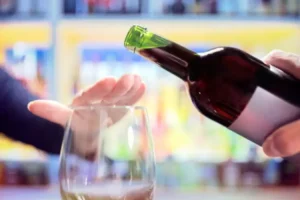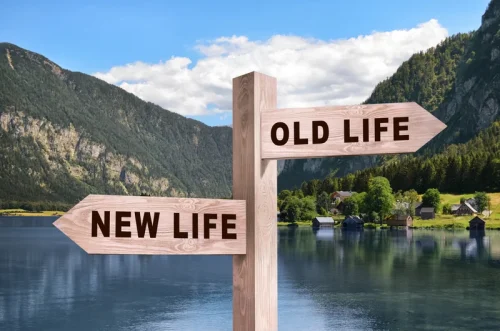
We strive to create content that is clear, concise, and easy to understand. Include Alcohol Relapse the names of everyone on your medical and support teams and how to contact them.
The Cycle of Alcohol Addiction
If an individual remains in mental relapse long enough without the necessary coping skills, clinical experience has shown they are more likely to turn to drugs or alcohol just to escape their turmoil. Just as some people with diabetes or asthma may have flare-ups of their disease, a return to drinking can be seen as a temporary setback to full recovery and not as a failure. Seeking professional help can prevent a return to drinking—behavioral therapies can help people develop skills to avoid and overcome triggers, such as stress, that might lead to drinking. Most people benefit from regular checkups with a treatment provider. Medications can also deter drinking during times when individuals may be at greater risk for a return to drinking (e.g., divorce, death of a family member).
- A number of health conditions can often go hand in hand with AUD.
- One cognitive strategy is to recite a mantra selected and rehearsed in advance.
- Mutual support groups are usually structured so that each member has at least one experienced person to call on in an emergency, someone who has also undergone a relapse and knows exactly how to help.
- I find it helpful to encourage clients to compare their current behavior to behavior during past relapses and see if their self-care is worsening or improving.
How Does Addiction Develop in the Brain?

By using those important techniques, people in recovery will adeptly maneuver any threat of relapse. Understanding how a relapse happens is an important prevention strategy because you learn to recognize the signs and course-correct before you start using again. According to the model developed by Marlatt https://ecosoberhouse.com/ and Gordon, a relapse begins with a high-risk situation that is followed by a poor coping response. Then, they might believe that drugs and alcohol will feel good and alleviate these negative feelings, and this chain of events can lead to a full-blown relapse where a person returns to uncontrolled use.

Emotional Relapse
Once you figure out your own triggers, think about something you can do instead of substance use for each one. Could you wrap up each day with a long walk instead of a cocktail? If paying the bills makes you too cranky, be ready to call your sponsor when they’re due. On top of that, the widespread surge in fentanyl’s inclusion and mixture within other opioids has created a nightmare scenario for opioid overdoses and overdose deaths. Fentanyl is a synthetic opioid—human-made and often lab-grown—that’s 80 to 100 times more powerful than morphine and is among the leading causes of overdose deaths in America.
Combine those two scenarios together, and you get a small, but informative picture of the opioid crisis in America. Are you tired of fighting against the craving to drink every day? Learn the key to weakening your desire to drink without the constant struggle or the feeling of missing out.

Starting with a Primary Care Provider

Other substances with notoriously high relapse rates are stimulants and benzodiazepines. Ever find yourself returning to alcohol after weeks or months of sobriety? Discover how our brains distort past memories and the science to overcome relapse. Distraction is a time-honored way of interrupting unpleasant thoughts of any kind, and particularly valuable for derailing thoughts of using before they reach maximum intensity.
- It’s treatable, but if untreated, it can lead to serious destruction and even death.
- Many alumni programs, such as those offered by American Addiction Centers (AAC), host peer gatherings and can connect you with addiction aftercare services.
- If you start to think of yourself as a failure, you’re more likely to move into the next stage of relapse.
- It can engage what has been termed the Abstinence Violation Effect.

